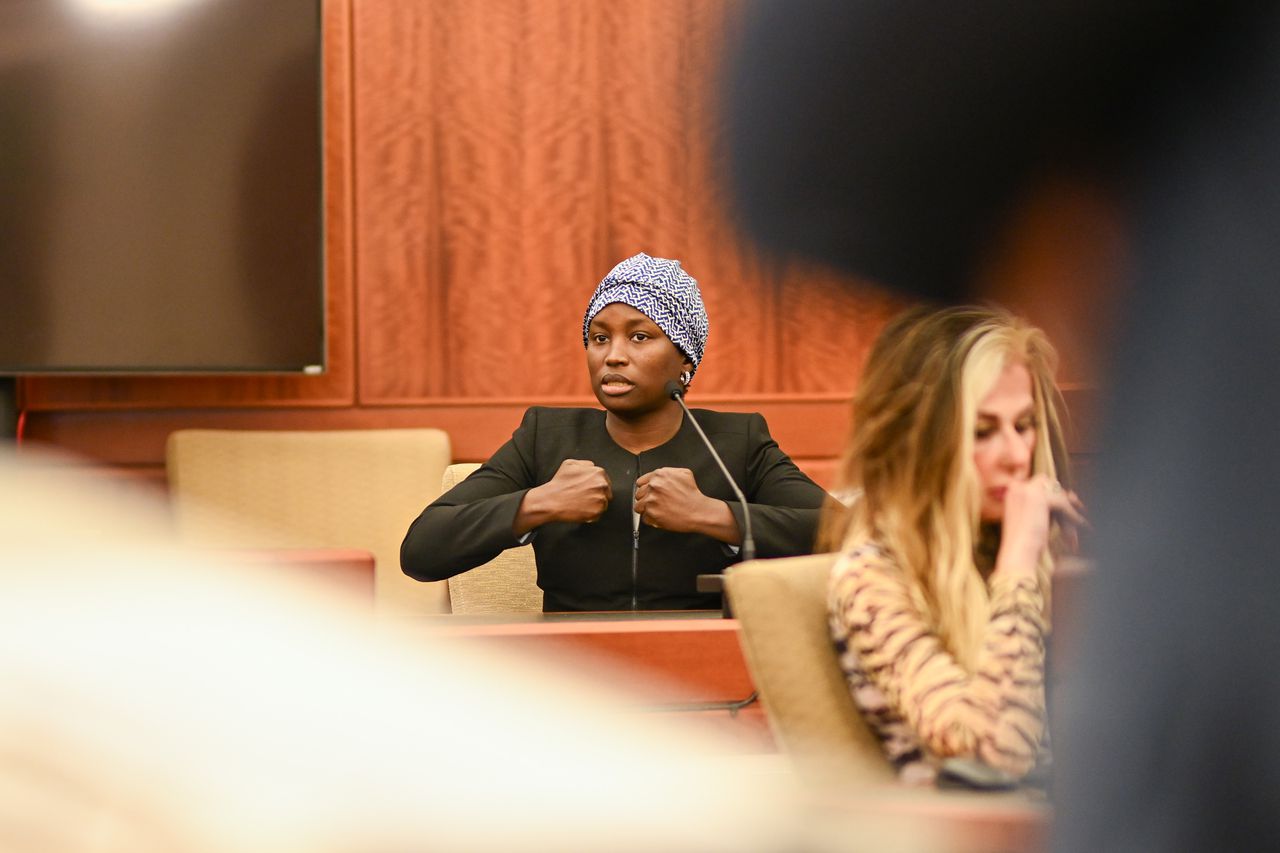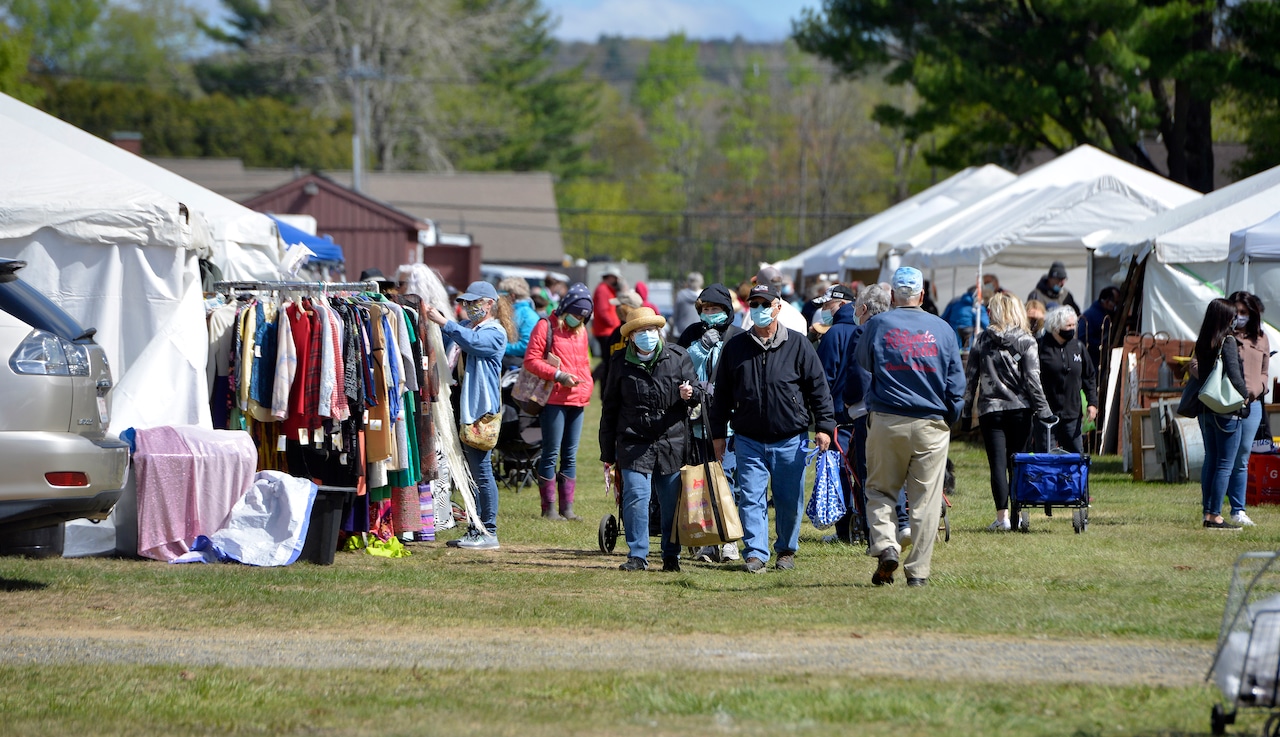“She was breathing in blood, at least one breath, while she was alive.”
A medical examiner testified in Worcester County Superior Court Wednesday that she found evidence of hemo-aspiration while examining Cynthia Webb’s charred body the day after the body was discovered in the trunk of a burning car in a Worcester cemetery.
Webb was found in the trunk of the vehicle in Hope Cemetery after firefighters responded to the call for a fire the morning of Dec. 12, 2017.
Wednesday marked the third day of the trial against Steven Foley, charged with murder and malicious damage to a motor vehicle.
Adebola Yakubu-Owolewa, who performed Webb’s autopsy, said she determined Webb’s death to be “violence of unknown etiology” or unknown cause.
She told jurors that in examining Webb’s body, which was only identified through dental records, that she found multiple defects, but no clear injuries.
She noted a hole in Webb’s chest that didn’t appear to have damaged any organs or tissue, some hemorrhaging around her eye but no breaks to the eye socket, as well as a defect at the back of Webb’s skull in which skin was missing.
Yakubu-Owolewa said none of those defects were determined to be the cause of Webb’s death. She noted she also found evidence in Webb’s lungs that she had breathed in blood while she was alive.
Yakubu-Owolewa also testified she found Webb to have what she considered a “high” level of cocaine in her blood and stomach contents.
When the defense cross-examined her about whether the cocaine or other substances found in her system — including alcohol, diazepam, gabapentin and tramadol — could have caused Webb to suffer an overdose, Yakubu-Owolewa said a clinician who knew more about Webb and her tolerance to substances would be better to answer the question.
Defense attorney Sarah Hamilton suggested through her questions that Webb could have fallen and hit her head, after Yakubu-Owolewa said she relied on police reports that noted Webb’s blood in the floorboards to make her cause of death determination.
Asked again about Webb’s potential intoxication, Yakubu-Owolewa said the blood on the floorboards and in Webb’s lungs made her confident her cause of death was some form of violence.
“Cocaine doesn’t cause people to have blood in the floorboards,” she said.
A woman who identified herself as a former coworker of Webb’s at Mario’s Showplace strip club in Webster previously testified Foley had offered her cocaine on one occasion. Prosecutors have said they believe Foley met Webb at Mario’s on Dec. 11, 2017, then again at the Lamplighter club in Worcester that same evening, from which he drove her to a gas station then the home where he lived in Northborough. He called for a cab in the early-morning hours of the next morning, they said, then drove Webb’s car to the cemetery and lit it on fire, calling for another cab to drive him back to Northborough.
Foley’s defense attorneys had signaled in opening arguments that they intended to raise the question of whether drugs were responsible for Webb’s death.
On Tuesday, police and forensics investigators had testified regarding the blood evidence, noting a large number of floorboards from the home where Foley lived in Northborough tested presumptively positive for blood, and that a sample sent to the state crime lab tested positive for Webb’s DNA.
Foley, a convicted Level 3 sex offender, had previously been sentenced to multiple significant prison terms, for crimes against children and adults.







